The RISE of Ugandan coffee
Coffee is the number one export for Uganda, so large in fact that it provides income for 20% of the population and makes up 95% of the annual national exports. Uganda is a beautiful place, one that Alice and Ben have fallen in love with. After a trip to the coffee region in 2023, we became obsessed with all it has to offer from incredible smiley people, captivating wildlife to delicious bold fruity coffee! We loved it so much so, that our first Friendly Coffee Fund Impact payment goes to a project we set up in the Rwenzori Mountains to help get children off of coffee farms and into school. So far we have helped fund over 3,000 days in school (April 2024).
Here is everything you need to know about Ugandan coffee
Primary coffee production in Uganda is focused on the lower grade Robusta coffee grown at lower altitudes and has become one of the top 10 Robusta coffee regions in the world. However, in recent years, with the help of organisations like Agri Evolve, Uganda has started to produce some of the best specialty Arabica coffee we have come across. You will find a lot of Robusta coffee in supermarkets, but we would recommend checking out our RISE 100% arabica coffee which is 84+ scoring specialty coffee. The majority of Arabica is produced in the arabica coffee growing regions of the Rwenzori and Mount Elgon and the two regions are producing some well rounded and complex flavour profiles.

In some Ugandan coffee regions, farms are situated up to 2,300 masl which results in more fruitier, complex coffees. Robusta grows at the lower altitudes which often leads to darker, bitter and less flavoursome coffee.
Unlike in other coffee producing regions like Brazil or Colombia, Uganda coffee is made up of thousands of smallholder farmers who grow coffee on their small piece of land where they intercrop their coffee trees with more traditional food crops that their families rely on, such as bananas, onions and sweet potatoes. Uganda makes up 14% of the worlds small holder coffee farmers, which shows the reliance on coffee to the local population.
The tree and production of coffee is generally considered organic coffee (although not always certified) due to the fact that the smallholder farmers do not use pesticides and only natural repellents, but being spread far and wide it makes it difficult for organisations like The Soil Association to certify them all. We met one "Mukaka" (elderly lady) who used a traditional mix of chilli and spices to wade off any insects.
What does Ugandan coffee taste like?
Much of their coffee has similar characteristics of typical African coffee, particular that of Kenyan coffee. Based on the various producing regions of the country, Uganda coffee offers a diverse range of flavour profiles, thanks to a number of factors such as high altitude altitude, fertile soil conditions and a variety of processing methods. You will find notes of berries, citrus, chocolate and floral in Arabica coffees from Uganda. We particularly love the natural process methods which show off these flavours. Most of their coffee is bold, smooth and well balanced (except for the cheaper Robusta coffee which is much more dark and bitter)
Our RISE Ugandan coffee has tasting notes of: A bold, smooth deliciously chocolatey coffee with bright juicy fruits.
Coffee processing methods in Uganda
They also produce sun dried and wet-processed Arabica, virtually all grown by villagers. Coffee is often marketed as ‘Wugar’ (Washed Uganda Arabica) or ‘Drugar’ (Dry Uganda Arabica) on the Western border of Congo, in the Rwenzoris. Also known as Bugisu in Mount Elgon, is typically wine like and similar to that of African fruit-toned coffee.

Organisations like Agri Evolve produce natural and washed coffees. One thing we love when visiting the Rwenzoris is the reuse of the washed pulp to help power the washing station. Innovations like this are starting to emerge in Ugandan coffee, helping to drive it forward. At RISE, Ben particularly likes the natural coffee as they have that fruity characteristics. Our RISE Ugandan coffee has been produced with 75% washed and 25% natural coffee.

Coffee regions in Uganda
There are two main coffee producing regions in Uganda. The Rwenzori region in the West and Mt. Elgon in the East.
Western Uganda is home to the stunningRwenzori Mountains, straddling the border of the Democratic Republic Of the Congo just 40km away. The 120km long 'Mountains of the Moon' as the Rwenzori mountains are known, span the border of The Democratic of Congo. The region boasts high altitude and tropical weather conditions make it ideal for growing Arabica beans due to its fertile soil. Rwenzori is a historically natural process area, with 95% of the coffee being processed this way at washing stations, however washing stations are now introducing washed methods as well as more experimental methods such as anaerobic.
Mount Elgon lies in the eastern side of the country, closer to the border of Kenya. The coffee trees cultivate up and down the cliff faces, making use of natural water and natural forest shade to extract moisture from the soil. The Sipi Falls are a popular coffee producing are of Elgon and is made up of smallholder farmers (just like Rwenzoris). The altitude here is between 1,600 and 1,900 metres, so a little lower than the West. At RISE, we have opted to produce coffee from the West as we believe the coffee has a more distinct, fruitier taste in the high altitude. We still enjoy a cup of coffee from Mt. Elgon too though!
Fair Trade price in Uganda?
As per the Fair Trade website here, "Today Fairtrade is launching a new Living Income Reference Price for coffee. A farmgate price of 11,640 Ugandan shillings per kilo of parchment coffee is needed to enable living incomes for Arabica coffee farmers in Uganda. Also a proxy reference price of 7,150 shillings was calculated for a kilo of Fair Average Quality (FAQ) Robusta coffee"
RISE coffee visit to Uganda in 2023
In March 2023 RISE visited the Rwenzori Mountains in Western Uganda to understand more about the coffee value chain, and the sustainability challenges faced by coffee farmers. We had no idea what to expect from this trip, and arrived open minded and eager to learn. During our time there we spent understanding the end-to-end process involved in getting coffee ready to export: from trekking high into the mountains to meet with farmers who were cherry picking, seeing the cherries being bought, walking around the factory where the coffee was processed (more on this later), speaking to staff who were looking after the coffee on the drying beds and finally, cupping (tasting freshly roasted coffee). All of this was made possible by the help of Agri Evolve who are based in the Rwenzori Mountains and are pioneers in sustainable agriculture and innovation. We spent a huge amount of time interviewing their staff who are all passionate about sustainable farming.
We also thank Imperial University for awarding us with the Imperial Deans Award for sustainability which made this trip happen.
We wrote all about our trip here and what we learn about the sustainable practices.
RISE Friendly Coffee Fund
RISE coffee have aligned with Agri Evolve, a social enterprise in Uganda to provide funds to support educational initiatives in the coffee growing communities of the Rwenzori Mountains.
1% of all RISE coffee sales will be reinvested into this coffee growing community to support with educational initiatives including providing equipment, supporting with school fees as well as teacher salaries.
HOW DOES IT WORK IN PRACTICE?
RISE have a special project coordinator who works with us in Uganda, alongside a community Elder who help us distribute the funds to the children in the region that need it most (usually orphans or those less privileged). The community Elder is then able to ensure they attend school as well as track their progress. This enables RISE coffee to govern who we have sent to school, how often they attend and the overall impact The Friendly Coffee Fund has had.
WHY IS OUR FIRST PROJECT IN UGANDA?
When RiSE visited Uganda in March 2023 we were shocked to discover that coffee farmers could not afford to send their children to school, even though it costs just £6 a term to send a child to school (on average). From the moment we discovered this, we knew that we needed to do something to help, and the idea of the Fund was born.
According to the Uganda Bureau of Statistics 'Uganda National Household Survey' 2019/20 reported that 67.7% of boys and 62.1% of girls drop out of school attributed to unaffordable education.
The 2021/22 Global Education Monitoring Report also showed that 30% of families have to borrow to afford their children’s education.
Our aim of the FCF is to change this; by supporting children in Western Uganda with school fees, school equipment and eventually infrastructure.
We'll be sharing more information here about the coffee farmers we are helping, the positive impact on their education and how you can support us, so check back here for more news soon.

MONTHLY COFFEE DELIVERED TO YOUR DOOR
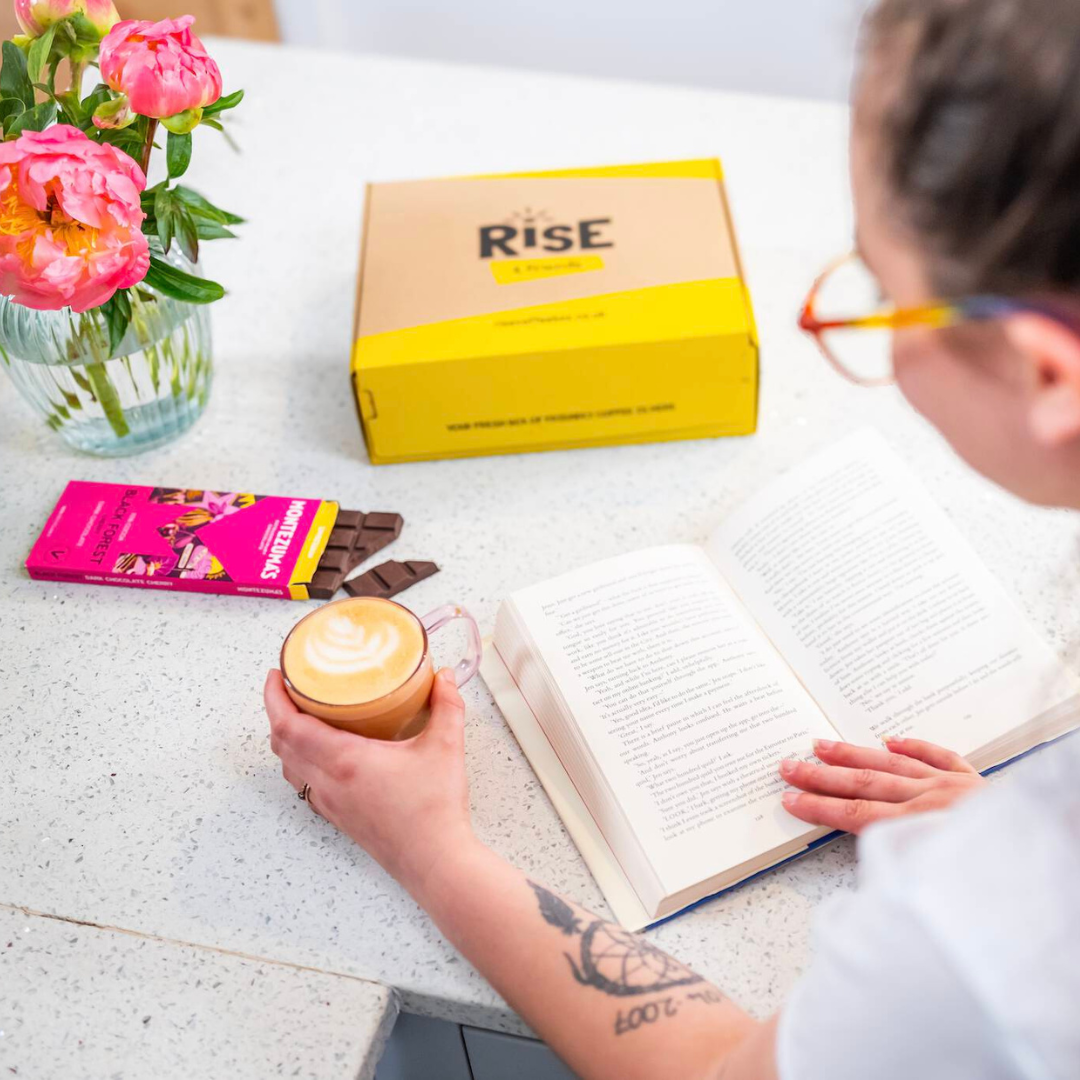









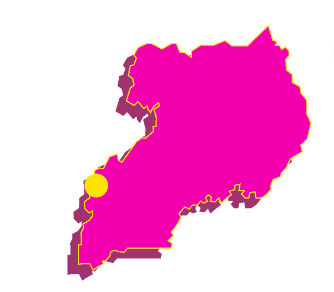


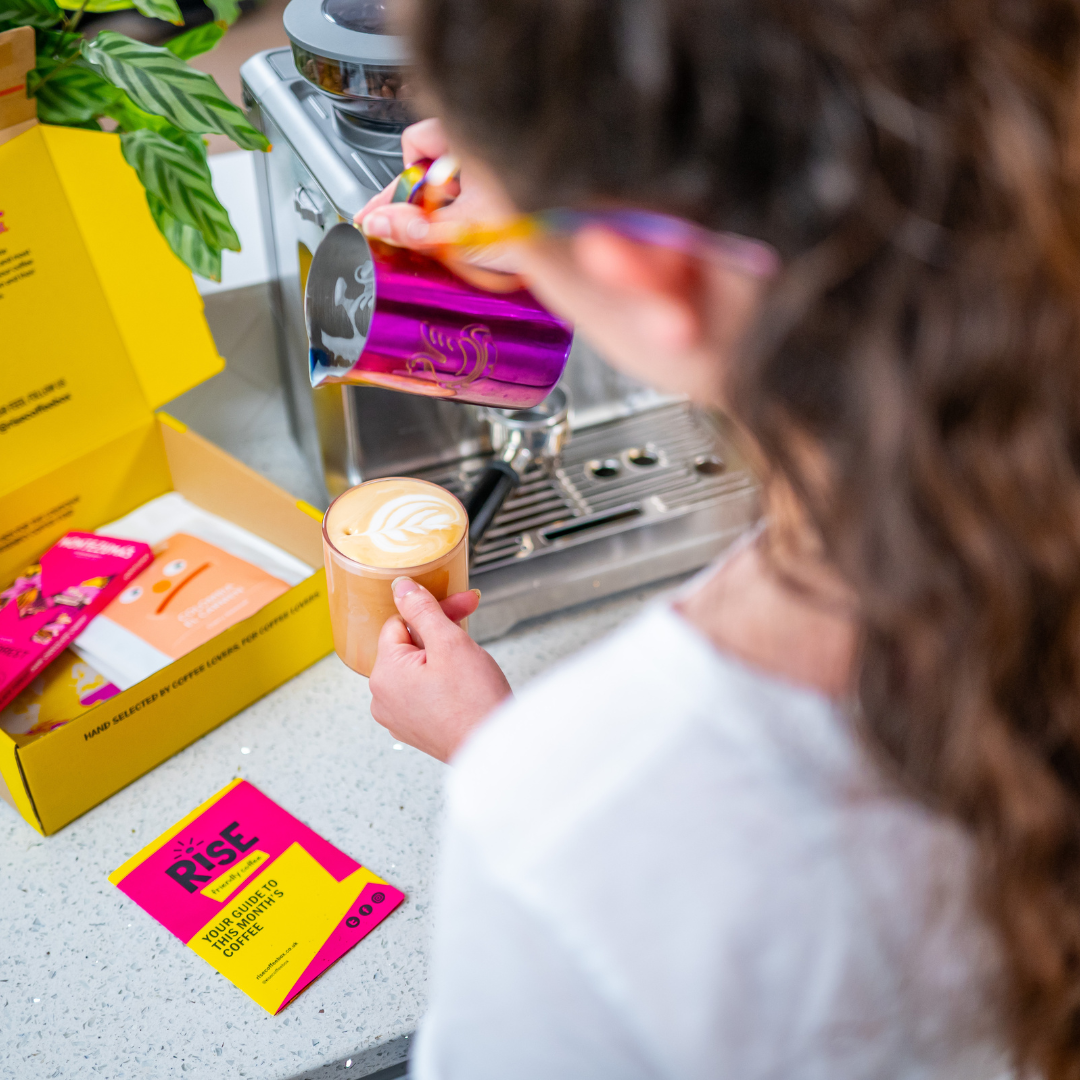
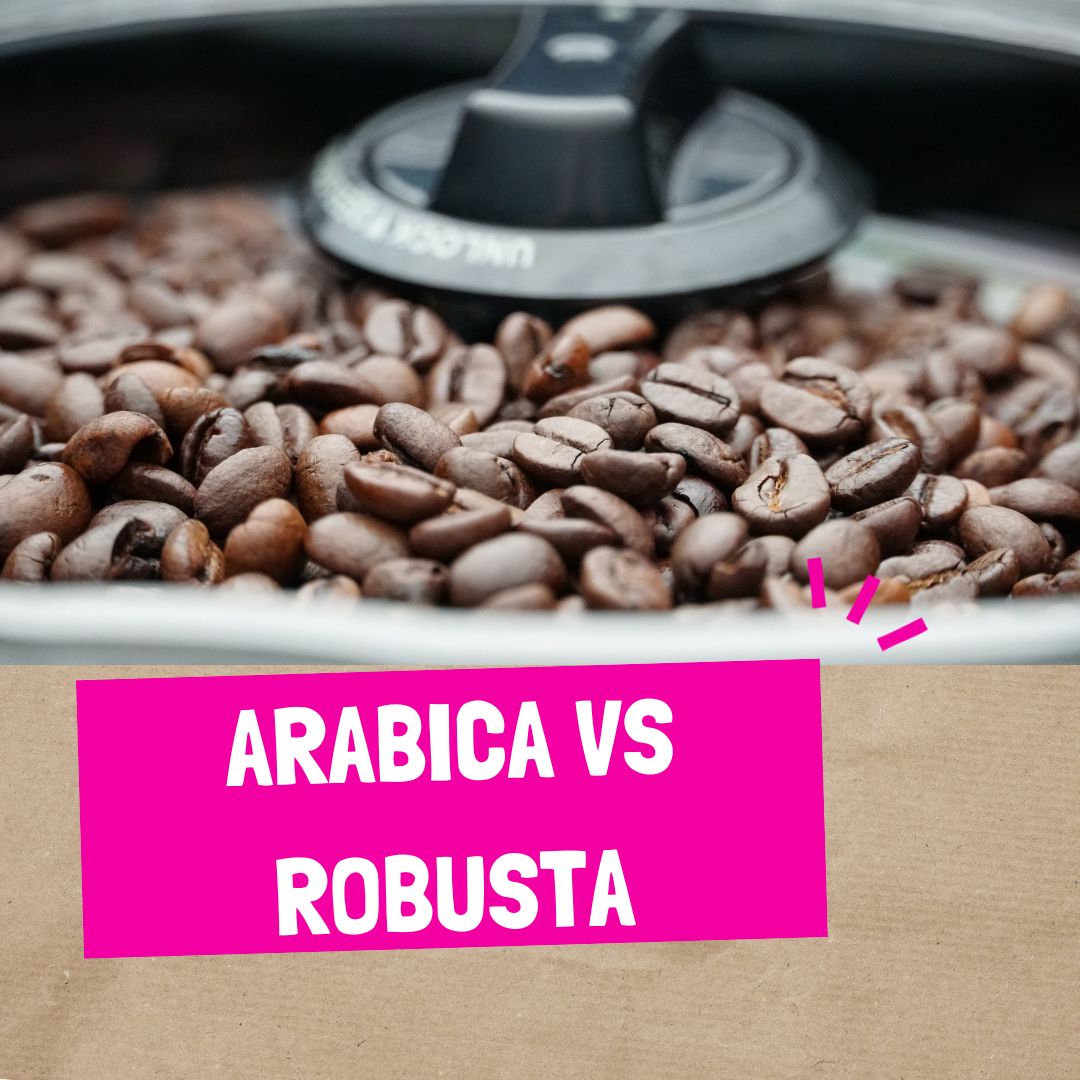








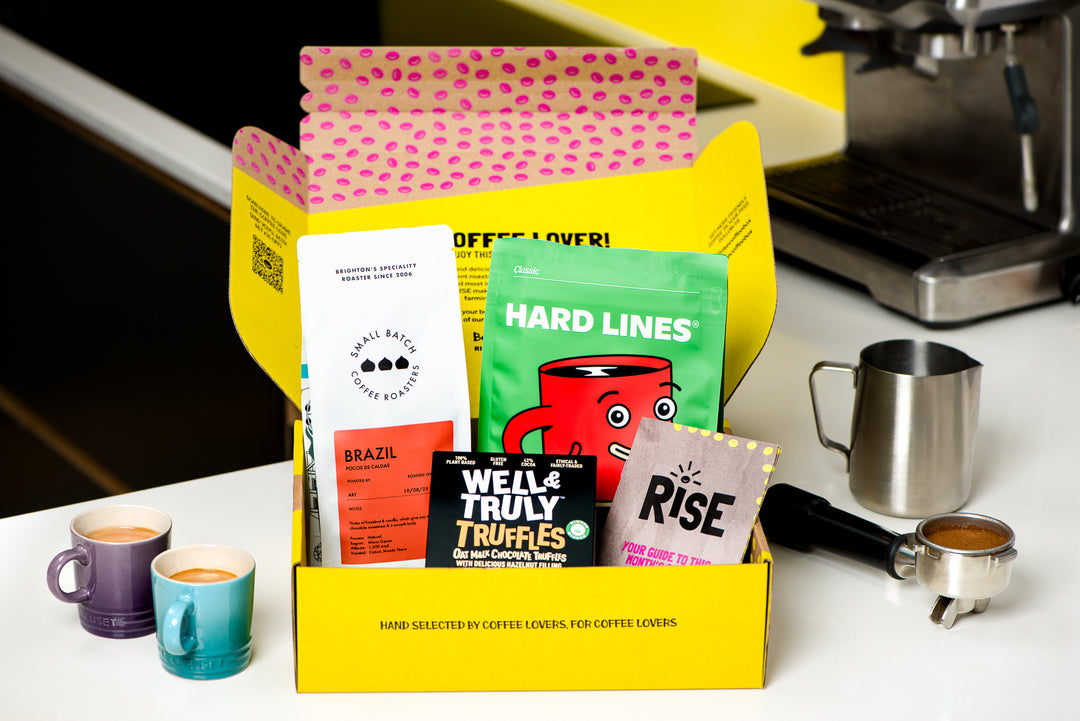








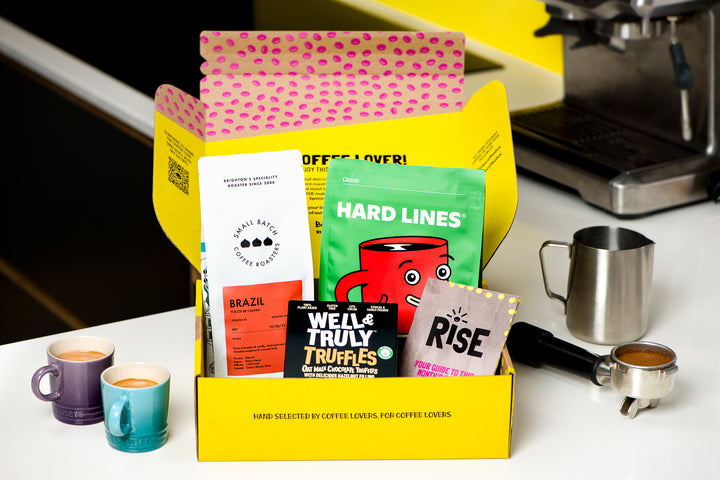
Leave a comment